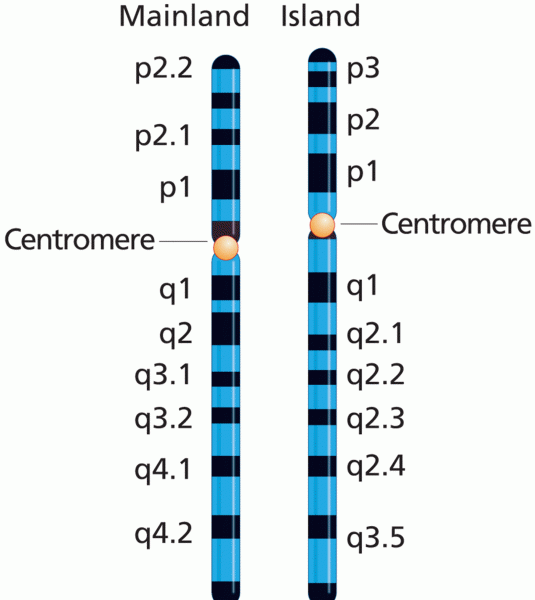|
|
|
Medication errors are three times higher among children and infants than with adults.
The average adult has about 21 square feet of skin.
Drug abusers experience the following scenario: The pleasure given by their drug (or drugs) of choice is so strong that it is difficult to eradicate even after years of staying away from the substances involved. Certain triggers may cause a drug abuser to relapse. Research shows that long-term drug abuse results in significant changes in brain function that persist long after an individual stops using drugs. It is most important to realize that the same is true of not just illegal substances but alcohol and tobacco as well.
The National Institutes of Health have supported research into acupuncture. This has shown that acupuncture significantly reduced pain associated with osteoarthritis of the knee, when used as a complement to conventional therapies.
The newest statin drug, rosuvastatin, has been called a superstatin because it appears to reduce LDL cholesterol to a greater degree than the other approved statin drugs.
 The image formed on the retina is inverted. The brain rights the image as part of the interpretation
The image formed on the retina is inverted. The brain rights the image as part of the interpretation
 Traction is the application of a pulling force to maintain bone alignment during fracture healing. D
Traction is the application of a pulling force to maintain bone alignment during fracture healing. D





